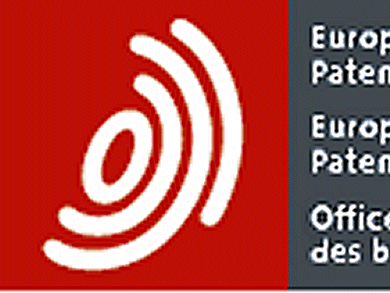The European Patent Office (EPO) and Google have signed a Memorandum of Understanding to improve access to patent translations in multiple languages.
The EPO will use Google’s machine translation technology to translate patents into the languages of the 38 countries that it serves. In return, it will provide Google with access to its translated patents, enabling Google to optimise its machine translation technology. Google technology will be used to translate patents originating in Europe as well as patents originating in other regions of the world and enjoying protection in Europe. Facilitating access to the rapidly increasing volumes of Japanese, Chinese and Korean technological information is one of the biggest challenges facing the global patent system.
Today, anyone wishing to register a patent must do so in one of the EPO’s official languages – English, French and German. They then need to arrange for translation of the patent – at their own cost – into the languages of all countries in which they wish the patent to apply. This complexity means that many European patents are not available in all national languages or legally binding in all the EPO’s member states. Similarly, anyone searching for information in patents published in foreign languages finds it difficult to retrieve data relevant to their research projects.
Google has been working in the area of patents for some time. Since 2006, Google Patent Search has been indexing all US patents and applications.
The EPO has extensively opened up its patent documentation on the internet since 1998. The EPO has around 1.5 million documents, and each year this number grows by more than 50,000 new patent grants.
- European Patent Office (EPO), Munich, Germany




